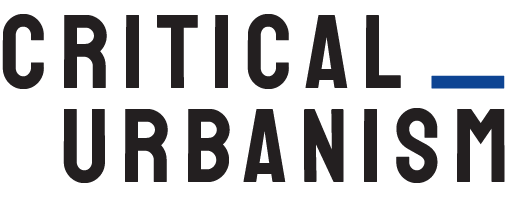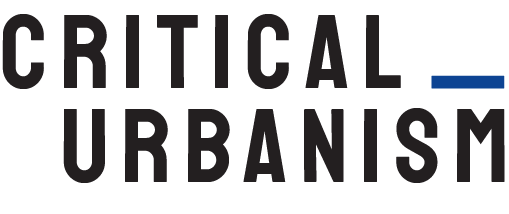Workshop: Critical Theory in Cartography
The growing digitalization of human agency and habitat, as well as the proliferation of user-generated data, have significantly transformed the horizons and challenges of research in the social sciences and humanities. The most obvious and persistent factor in this change is a rapid growth in access by various knowledge-producing actors to technologies of information creation and transmission. In this way, digitalization has weakened the monopoly of the academic milieu over the narration of social reality and control of issues of public significance.
Thus, digitalization has also launched a process of the re-definition of the autonomy of academia and of academic research as practice in relation to other practices of knowledge production and transmission. One can notice that in academia the most intensively explored development horizon within this process is an orientation towards quantification and the computational analysis of collective human behavior. In this orientation, the very nature of big data and of the quantification process is unequivocally presented as a public asset that simply has to be mastered and used. Although there are also arguments about big data and digitalization as, on the one hand, fragmenting the public sphere and, on the other, privatizing the knowledge of society about itself, there is a lack of a systematic theorizing of the influence of digitalization on the meanings and practices of the ‘public’.
Digitalization has weakened the monopoly of the academic milieu over the narration of social reality and control of issues of public significance.
The goal of this workshop is to explore meanings and practices of ‘public space’ – from ‘accessible’ and ‘transparent’ to ‘deliberated’ and ‘identity giving’ – which currently are of relevance in urban studies and urbanist discourse. And, further, to discuss these meanings and practices of ‘public space’ from the angle of the particular traits of current empirical reality that mark the turn to the digital humanities – new modes of data, new study methods, new types of researchers, as well as new types of clients of research.
The expected outcomes of the workshop are 1) the identification of those dimensions of urban processes in digitally mediated societies that are operationalized as ‘public space’ and as ‘public space’ making; and 2) the discussion of methods and methodological approaches to study and interpret these dimensions of urban processes from a critical theory perspective. The critical theory perspective in this case requires an exploration of the isomorphism between the technological base and technological bias, on one hand, and utopias and ideologies of collective actions and political identities on the other.
This workshop is primarily intended for junior researchers in critical urban studies and in digital urban studies.



